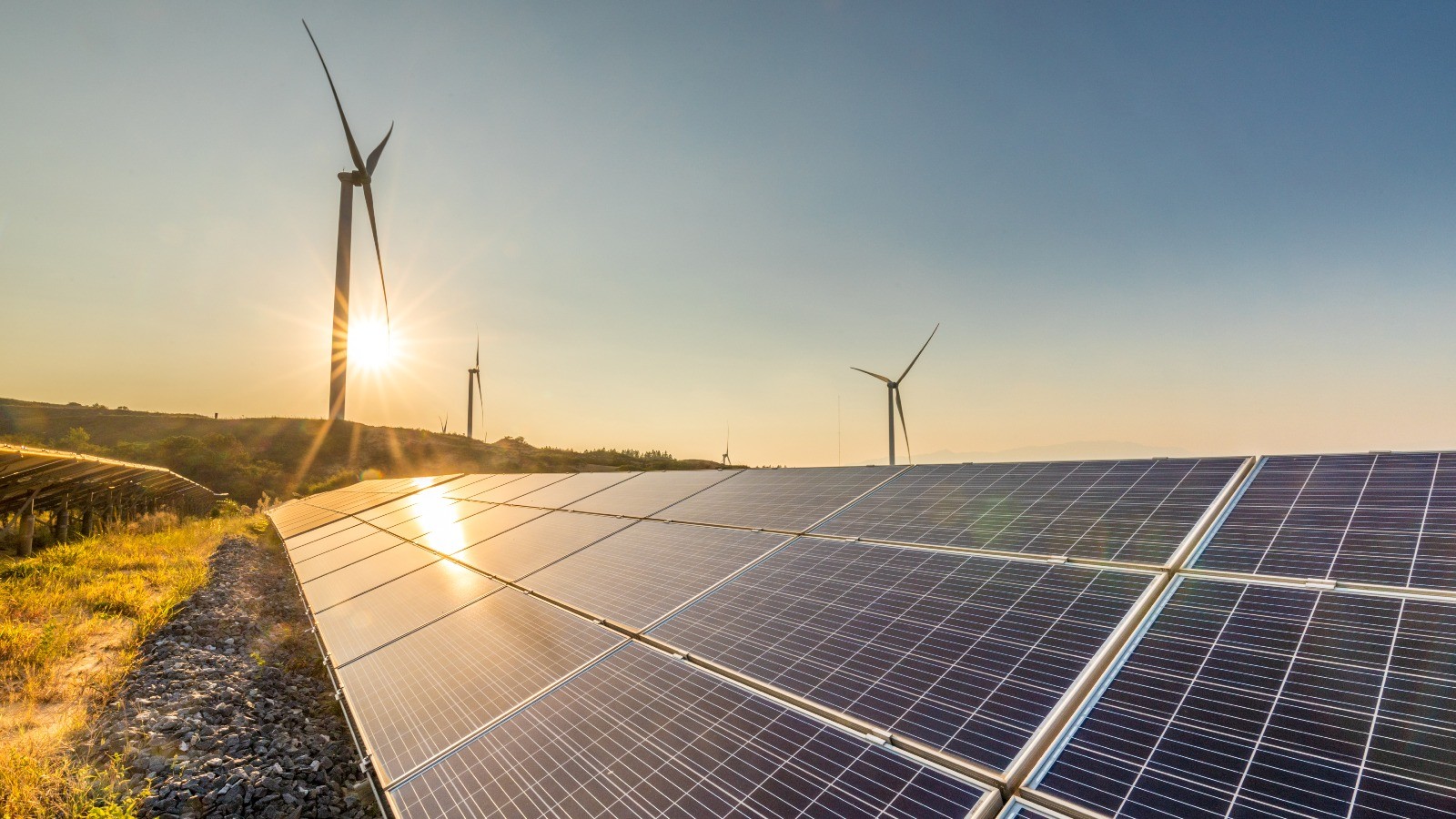Sustainability is transforming the Banking and Capital Markets sector. Increased regulatory scrutiny, stakeholder activism, and rapid innovation are all contributing to a need for comprehensive change, alongside a redefinition of the social license. Organisations in the Banking and Capital Markets sector are required to respond promptly - not only as a bulwark against future disruptions - but to unlock, amplify and realise potential opportunities.
With regulators today committing to a sustainability agenda by setting minimum standards for sustainability reporting and disclosures in an effort to introduce more transparency and accountability on climate issues, it is not a surprise that business leaders are placing the Environmental, Social, Government (ESG) upskilling agenda as one of their top priorities. Banks and capital markets are no exception, where sustainable practices have become an imperative for businesses to not only remain profitable, but also attract the right talent.
Presently, Southeast Asia remains heavily reliant on fossil fuels, with six of the world’s top ten coal-dependent countries situated in Asia. Coal, oil and natural gas continue to dominate the region’s electricity mix, while renewable energy sources accounted for a mere 18% of its power generation in 2020. A 2017 study by Singapore’s DBS Bank and the United Nations Environment Inquiry found that USD 3 trillion in green investment is required between 2016 and 2030 to protect SEA economies from climate change and other environmental shocks.
Banking and Capital Markets are facing a shortage of talent and skills required to support sustainability shifts, and to respond to changing consumer demands. Banking and Capital Markets organisations need to consider the skills and capabilities required within their workforce to unlock the potential of sustainable finance - at pace.
Current trends within the jobs and skills landscape in the Southeast Asia banking and capital markets sector
- There is potentially limited workforce displacement in Banking and Capital Markets with fewer sunset roles as compared to high emitting sectors, but a higher degree of ‘greening’ across functions.
- Organisations are setting up Centres of Excellence (CoE) to work closely with sustainable finance teams housed in the business; new roles in social performance, nature and biodiversity and data and technology are seeing a surge in demand
- The evolution of the front-office function is accelerating demand for sustainable-finance skills, and CROs need to support this transition
- The CFO and their teams are at the forefront of sustainability reporting
- Technology and data will continue to gain importance in the ESG sphere, with artificial intelligence becoming a critical enabler
- The right leadership driving a purpose-led organisation will be critical to ensuring the success of scaled upskilling strategies and a coherent employee value proposition.
“The opportunities for greater Sustainable Finance in Southeast Asia are there and are waiting to be unlocked. The need of the hour though is greater sectoral cooperation and partnership for capability development and ensuring early investments in skill development.”
Parul Munshi,Workforce Transformation Partner & Regional Sustainability Consulting Leader PwC South East Asia Consulting, PwC SingaporeIn this paper, we help provide answers to the following questions:
- What are the key shifts we are seeing in the Banking & Capital markets and the key drivers behind it
- What skills and capabilities do employees in Banking and Capital Markets need to unlock the potential of sustainable finance?
- How might sustainability action impact parts of Banking and Capital Markets differently?
- How can Banking and Capital Markets leverage public skill development infrastructure and external expertise through partnership arrangements?
Unlocking the potential of sustainable finance in Southeast Asia
Sustainable finance as a conduit to building a dynamic workforce in Southeast Asia
South East Asia consulting
We are a community of solvers coming together across Singapore, Thailand, Indonesia, Malaysia, Philippines and Vietnam to reimagine how people, businesses and technology work to unlock new value and build trust in society.

















